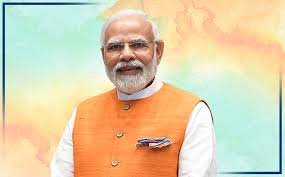The Indian government has proposed a sweeping reform to slash GST on small cars from 28% to 18%, in what is being hailed as the biggest tax overhaul since GST’s rollout in 2017. The move, which could make small petrol and diesel cars significantly cheaper, is expected to revive sales in a slowing segment. The plan also includes cutting GST on health and life insurance premiums from 18% to as low as 0–5%, lowering overall vehicle ownership costs. A simplified two-rate GST system of 5% and 18% is on the cards, with a new 40% slab for luxury and ‘sin’ goods. The announcement sparked a stock market rally, with auto majors like Maruti Suzuki, Tata Motors, and Hyundai gaining up to 8%, while the Nifty index jumped 1.3%, its best in three months. Industry leaders, including Maruti Chairman R.C. Bhargava, hailed the reform as a “huge boost” for competitiveness and consumption. Analysts predict the changes will enhance affordability, attract first-time buyers, and strengthen rural demand, though concerns linger over revenue losses and reduced price advantages for EVs. The final decision rests with the GST Council, which is expected to take it up by October ahead of Diwali, the peak festive season for consumer demand.




